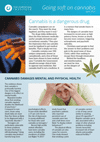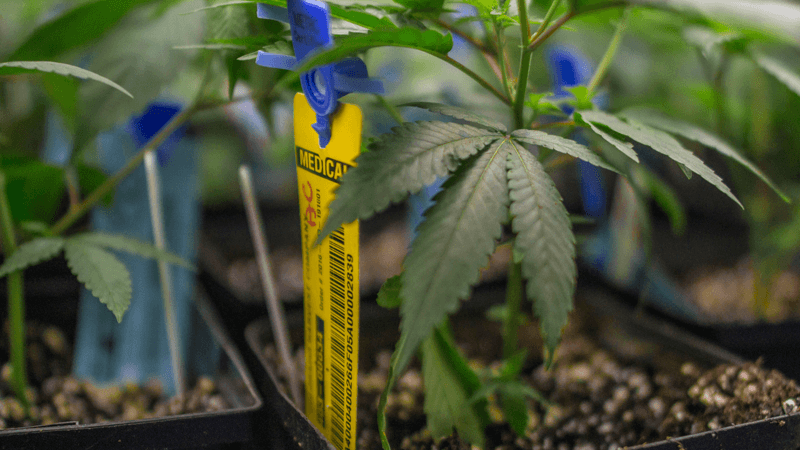
Going soft on cannabis
Cannabis campaigners are on the march. They want the drug legalised, and they want it now.

Evidence that medical cannabis helps people with mental health conditions is almost non-existent, a review of 83 studies has found.
Researchers made the judgment after considering research on anxiety, depression and psychosis.
Professor Louisa Degenhardt, who led the review, urged doctors and patients in countries where medical cannabis is legal to be aware of the warnings.
Deepak Cyril D’Souza, a psychiatry professor at Yale University School of Medicine, responded to the analysis by saying that the use of medical cannabis to treat mental health problems cannot be supported.
He explained that “in light of the paucity of evidence, the absence of good quality evidence for efficacy, and the known risk of cannabinoids, their use as treatments for psychiatric disorders cannot be justified at present.”
cannabis use can increase the occurrence of depression, anxiety, and psychotic symptom
The major review was published in The Lancet Psychiatry journal on Monday.
Analysing 42 studies for depression, 31 for anxiety and others for ADHD, PTSD, Tourette’s and psychosis, the researchers considered a total of 3,000 people.
They concluded that there is “scarce evidence to suggest that cannabinoids improve depressive disorders and symptoms” or other similar conditions.
They added, “cannabis use can increase the occurrence of depression, anxiety, and psychotic symptom”.
Professor Degenhardt said patients using medical cannabis should be “carefully monitored”.
In August, draft official guidance said cannabis-based drugs should not be prescribed to manage chronic pain.
The National Institute for Health and Care Excellence (NICE) made the draft recommendation after finding the “potential benefits offered were small compared with the high and ongoing costs”.
Paul Chrisp, a senior director at NICE, said before the analysis the organisation believed a “robust evidence base for these mostly unlicensed products was probably lacking”.
“Having now considered all the available evidence it’s therefore not surprising that the committee has not been able to make many positive recommendations about their use.”

Cannabis campaigners are on the march. They want the drug legalised, and they want it now.